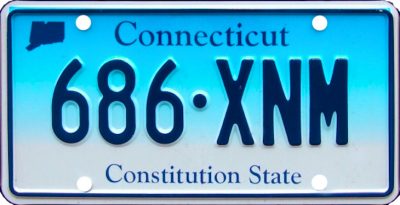Key Takeaways

A merchant concession is a plan in which the seller believes to help you protection a number of your own settlement costs using purchases continues.
Once diligently protecting getting a deposit, choosing the finest family, and receiving a home loan, settlement costs may come while the a shock. Anyway, closing costs having buyers typically add up to dos% 5% of the residence’s price – incorporating plenty if you don’t tens and thousands of dollars to a keen already high cost.
Settlement costs become costs pertaining to to acquire, resource, and you will having the home. To get and you may loans the house, you can easily pay individuals one to-time costs into the financial and you can third parties so you can process your own application for the loan and ensure the house is a good financing (for you while the lender). And also as a resident, you are able to prepay some assets-relevant will cost you, and additionally assets fees, homeowners’ insurance rates, and mortgage insurance. Being aware what settlement costs safeguards – and you will what they cost – helps you budget and you will plan a flaccid closure.
By law, lenders need to leave you a list of closing costs through an excellent Financing Imagine inside 3 days off receiving your own mortgage app. An equivalent closing costs will look in your Closing Revelation file except if exceptional factors apply – including, you change to a shorter loan name.
Most lenders charge an origination fee to cover service and administrative costs. This is typically the largest fee you pay to close your mortgage. Most borrowers pay 0.5% 1.5% of the loan amount, though it can be higher or lower depending on your lender, according to Legitimate.
Software fee
Some lenders charge an application fee of up to $500 in addition to the origination fee, according to Investopedia. The fee is non-refundable, even if you’re rejected for the loan. As such, it’s a good idea to avoid lenders that charge an application fee, especially if you’re concerned about qualifying for the loan.
Underwriting payment

A mortgage underwriter evaluates and verifies loan applications and either approves or denies the loan based on their findings. The underwriting fee can be charged instead of – or in addition to – the origination fee, depending on the lender. If it’s a separate fee, expect to pay between $300 and $900, says My Home loan Insider.
Assessment percentage
Your lender will order a third-party appraisal to ensure you’re paying a fair price for the house. The cost depends on several factors, including the property’s location, size, and complexity, and the number of comparable properties (aka “comps”) available. Most single-family home appraisals cost between $300 and $1,200, with a national average of $400, according to Fixr.
Dismiss circumstances
Your lender might offer discount points. By paying points, you pay more upfront, but you receive a lower interest rate – so you’ll spend less over time. Each point equals 1% of the loan amount and reduces your interest rate by one-eighth to one-quarter of a percent, according to the User Financial Cover Bureau.
Prepaid notice
Prepaid service focus covers the initial month’s financial desire. cash advance It’s charged during the a regular speed equivalent to your yearly notice rates divided from the 365. You to number increased by the number of months remaining on month find your prepaid service notice.
Attorney fees
A real estate attorney coordinates the closing and prepares the closing documents, among other tasks. Attorney fees vary widely, and you could pay anywhere from $500 to $5,000, depending on the complexity of the transaction, according to Jones Property Rules. Keep in mind that some states, such as North Carolina, require that an attorney oversees the closing process.
